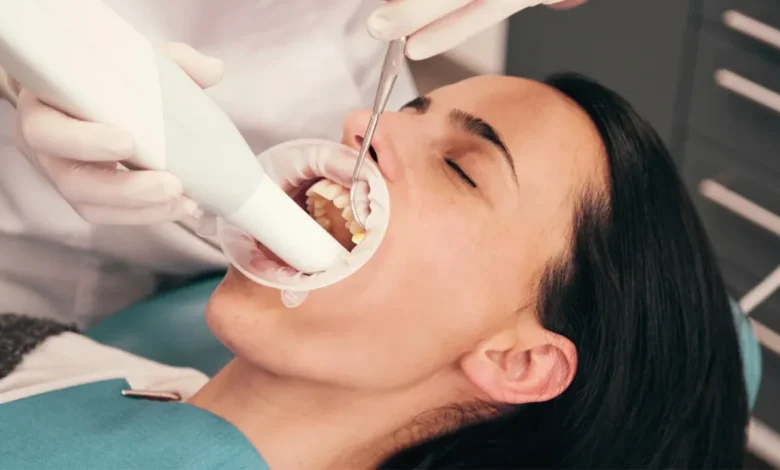Dental Cleaning and Its Role in Preventing Tooth Decay

Regular dental cleanings play a key role in helping individuals maintain oral health. This process focuses on removing plaque and tartar, substances that contribute to tooth decay and gum disease. While brushing and flossing at home provide daily maintenance, professional cleanings target areas where standard oral hygiene may fall short. Here is more information on how dental cleaning supports oral health by addressing plaque removal, early detection of potential issues, and maintaining long-term dental wellness:
Removing Plaque and Tartar
Plaque is a sticky film of bacteria that accumulates on teeth and gums. When not adequately removed through daily brushing and flossing, it hardens into tartar. Tartar, also known as calculus, adheres to teeth and cannot be removed with standard dental tools at home. Excessive tartar build-up contributes to tooth decay, as the bacteria within it release acids that erode enamel over time.
During a dental cleaning, hygienists use specialized instruments to remove plaque and tartar from the surface of teeth. This includes hard-to-reach areas between teeth and along the gumline. Ultrasonic scalers or manual scaling tools effectively eliminate these deposits, reducing the overall risk of decay. Without regular removal, plaque and tartar can lead to cavities and create an environment for other oral health concerns.
Identifying Potential Risks Early
Dental cleanings also allow professionals to monitor the condition of a patient’s teeth and gums. Hygienists and dentists examine the mouth during each appointment, looking for signs of gum inflammation, enamel wear, or discoloration that may indicate decay. Early detection of these concerns allows for prompt intervention, which helps to prevent more significant complications later.
A small cavity may be addressed with a simple filling when identified early. An untreated cavity may progress, potentially resulting in more severe outcomes such as tooth infections. Professional cleanings thus act as both a preventative and diagnostic measure, helping patients address oral health concerns before they develop into more serious issues.
Supporting Long-Term Dental Wellness
Dental cleanings form part of a broader strategy to promote oral health over the long term. When combined with good at-home hygiene practices, they reduce the likelihood of decay and gum disease. Cleanings often include polishing teeth to remove surface stains, leaving the mouth feeling refreshed and helping maintain confidence in appearance.
Patients who receive regular cleanings often report motivation to improve their dental care routines. Discussions with professionals provide tailored advice on brushing techniques, flossing frequency, and dietary factors that support healthier teeth. Over time, these practices contribute to stronger enamel, healthier gums, and a reduced risk of oral health problems.
Get a Dental Cleaning
Professional dental cleanings help maintain oral health by removing plaque and tartar, identifying risks early, and supporting long-term wellness. They provide an opportunity to address hard-to-reach areas that brushing and flossing at home may miss while also allowing dental professionals to examine the mouth for early signs of decay or other issues. Cleanings can also help reduce the risk of gum disease, bad breath, and other oral health complications.
Combined with proper at-home care, regular cleanings contribute significantly to a healthier, more resilient smile. For those seeking to improve or maintain their oral health, scheduling consistent dental cleanings serves as a proactive step towards preserving teeth and preventing decay. Regular visits also help catch potential issues early, saving time and money in the long run.





